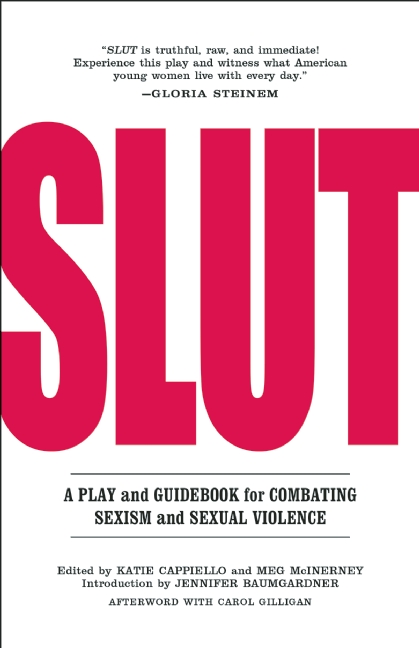Salt of the Earth
Salt of the Earth
Michael Wilson and Deborah S. Rosenfelt
The controversial 1954 screenplay about a strike in a New Mexico zinc mine.
Paperback Edition
ISBN: 9780912670454
Publication Date: 09-01-1977
This screenplay of the controversial 1954 "film of persuasion" about a strike in a New Mexico zinc mine is extraordinary in its effort to deal with the struggles of workers and women, as they strive for dignity and equality. The film was the unique product of a collaboration between the mining families and blacklisted Hollywood people. The film's narrator and protagonist is a Mexican-American woman who grows in consciousness and effectiveness through her participation in the community struggle. Rosenfelt’s analysis of the background, history, and significance of both the strike and the film includes a discussion of the change in status of the women who took part in this strike.
"Think back over the pictures you have seen since World War II. Can you recall one Hollywood film that deals with the life of a trade union? Can you recall one that dealt honestly with the problems of a working man or woman? Or take the case of the Spanish-speaking people of the Southwest. . . . Can you recall any picture that has dealt honestly with their lives and traditions and aspirations? Merely to ask this question is to answer it, and for us it opened up what we felt to be a rich, untapped source of American culture. We felt we had a secret. It is called reality—the reality of working people's lives." —Michael Wilson, from the interior
"Young audiences today, seeing Salt of the Earth for the first time, often express surprise that so 'old' a film should portray with such passionate comprehension the sometimes conflicting claims of feminist, ethnic, and class consciousness—issues still very much with us, conflicting claims still unresolved. That surprise underlines the real damage of the repressive eras in our history. For the story of Salt of the Earth—the strike, the film, the people—is an integral part of a tradition of progressive belief and action in our politics and in our culture, a heritage that did not completely disappear in the 'haunted decade' of the fifties but went, often unwillingly, underground." —Deborah S. Rosenfelt, from the interior






